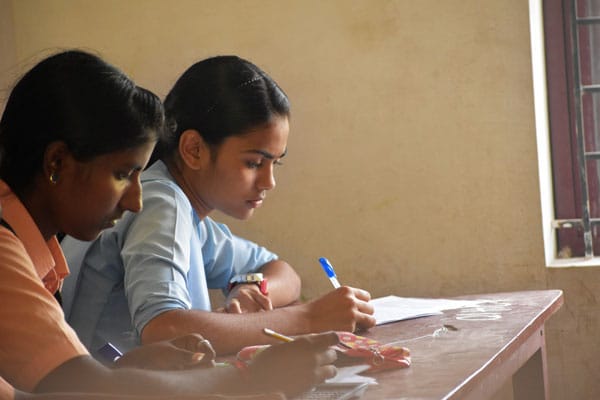
How can I improve my child’s learning?
Are you looking for ways to improve your child’s learning at home or at school?
The inclusion of parent and family members in children’s school activities is correlated to children having better achievements and having more positive feelings towards attending school.
It is the role of a parent to be their child’s first teacher in life and guide them in their very first steps in growing up.
Parents and family members involvement in school is tied to how successful children will be once they become adults.
Getting involved in your children’s school
There are numerous ways parents can get involved in their children’s schools. Here are several different ways parents can be involved in their children’s education.
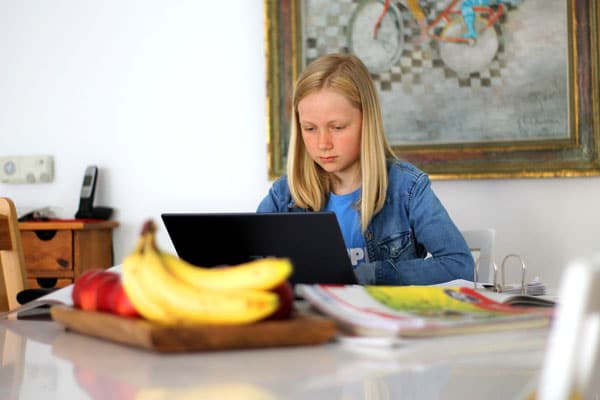
Meet your child’s teacher:
It is important to meet your child’s teacher to begin a relationship with them.
A teacher can be a wealth of information so let the teacher be aware you are a supportive parent available to help your child learn.
A child’s teacher should know they could contact you at any time, especially if problems arise in the classroom.
Find out how your child is doing:
Discuss your child’s progress with their teacher to determine how they are doing in their classwork.
If their academic progress is worrisome or needs improvement a meeting with a teacher can help you determine how to help your child.
Attend parent-teacher meetings:
Use parent-teacher meetings wisely. Schools have scheduled parent-teacher conference days for meetings with parents.
Parents are also given the option to schedule meetings at any time during the academic year.
Teachers are flexible and if you can’t physically go to the school for a meeting, phone conversations are also an option.
Make sure that your child gets homework done:
Parents should make their children aware they need to complete any and all homework that needs to be done.
At home, parents can set up a special area in their house for homework. The area should be distraction free and children should establish a specific time to do homework each day.
Find homework help for your child if needed:
Sometimes children have difficulties completing their homework and school projects.
If a child needs help you can contact the school, libraries, tutoring groups, etc. to see if someone can assist your child with homework help.
Help your child prepare for tests:
Your child will regularly be tested during the academic year on their classroom education.
They may also take standardised tests. Help your child to prepare for exams and seek help if your child is struggling with material being studied.
Parents can ask their child questions from the material they are learning to quiz them to help their child learn material.
Apply for special services if you think your child may need it:
If you feel your child needs special services because they are struggling in some way academically you can contact your child’s school for an evaluation to determine how they can help.
In some cases, special services might be needed if English isn’t the student’s first language.
Special services are also needed if a student has a disability and needs help in a school environment.
Get to know who’s who at your child’s school
Inform yourself who the faculty and staff of your child’s school are and how they help children academically.
By knowing teachers, administrators, and staff members of your child’s school you can better prepare yourself to know whom to contact in case you need help.
Learn what the school offers:
Schools send home a plethora of information in handouts, pamphlets, and forms. You should read all information given.
You can also talk to other parents about activities and programs other children are involved in to see what your child might enjoy.
There are plenty of activities and events during the academic year in which children can be involved.
Tips for helping kids with their homework
Completing homework can be difficult for some children outside of a structured school environment.
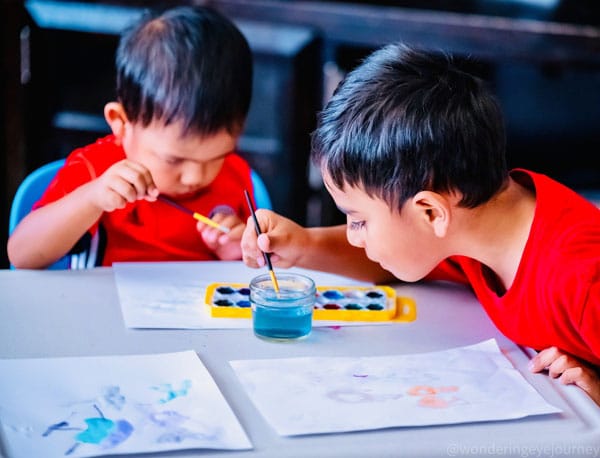
Procrastination is a bad habit some children have where they put off doing their schoolwork.
Sometimes children need help at home to get their work done. Parents need to be aware of any homework that needs to be done and should help their children stay focused on their goals.
Play up the benefits of practice
Parents should be encouraging and positive about schoolwork to keep their child’s enthusiasm positive.
Homework struggles can discourage young learners, especially when they can’t learn material quickly and make bad grades.
Turn failure on its head
If a child fails, parents should be positive and help their children avoid being discouraged and fearful of trying again.
Proper encouragement gives children confidence and aids them in becoming more successful in school.
Help them find their learning style
All children learn and study differently. Help your child determine the most effective techniques for learning that fit their style.
There is no one size fits all model for learning and different children all have their own needs and styles to learn.
Encourage them to push themselves
Children should be challenged to try new things and to succeed.
Parents should challenge their children to push themselves further academically to seek new goals and challenges.
Avoid comparisons
Do not compare your child’s achievements to those of other kids. Children can be discouraged and insulted when parents make comparisons of their children to their peers.
Avoid making comparisons and instead focus on your child’s individual achievements and skills.
Teach them to ask for help
Children may be fearful to ask for help when they have questions or are struggling in the classroom.
Sometimes they need an adult to tell them it is okay to ask questions and seek help.
Use the right language
Regularly give your child feedback about their schoolwork to help them determine their progress and results of their efforts.
Praise your child when they are doing well and succeeding and offer them guidance when they are struggling.
How can I help my child succeed in school?
There is more to succeeding academically that doing well in classwork. Sometimes a good attitude and positive habits can help students be successful at school.

Parents should work with their children to teach them how to have a good attitude towards learning and how to have good study and learning habits while at school.
Parents can easily help their children develop more successful attitudes and behaviours while at school.
The following are several ways parents can help their children be more successful at school.
Teach your child that failure is a stepping-stone to success
Parents should teach their children that failure is a normal part of life.
By failing, children can learn what they are doing wrong and how to improve to better themselves.
Parents should encourage children who are struggling to learn new tasks.
Children need positive support to help them develop new skills and to get past any fears of failure.
Make learning an activity your child loves
School and schoolwork can be dull and uninteresting when it is treated like a chore.
Children may dislike schoolwork if they have a bad attitude about going to school and tasks seen as boring.
When parents and teachers turn boring activities into positive experiences children are more likely to be engaged with their schoolwork.
Find ways to turn a chore into a fun activity and children will enjoy learning.
Allow your child to follow their passion
Pay attention to what your child loves and enjoys.
They will excel in areas they are interested in and may struggle if they are forced to participate in activities in which they have no interest.
Make academic subjects feel relevant to your child
Parents should help their child relate to the subject material they learn in school.
If children don’t understand the usefulness of school subjects, they may have difficulties learning or focusing on their work.
By relating subjects to real life, children can understand how schoolwork is important and material is useful.
Involve games in learning as much as possible
Children learn best through playing games. By turning educational material into fun games, children learn material more quickly.
This process is called gameification where educational subjects are turned into games to improve the process of learning for children.
Motivate children by consequence rather than punishment
Children need to learn the consequences of not doing well in school. Children don’t always realise the negative impacts of getting bad grades or not trying hard enough in school.
Parents need to help their children realise there are negative consequences to bad behaviours in school.
Improve your child’s depth processing
Depth processing is where children look at information in reorganised ways to learn material.
Sometimes humans have a tendency to temporarily memorise information. Depth processing helps children actually commit facts to long-term memory.
Equip you child with switching off and relaxation techniques
Parents can help children learn how to focus their attention and concentrate in school.
Relaxation techniques are important tools children can use to help them focus better in school.
Relaxation techniques can be anything that is calming including sitting in a quiet room and breathing exercises.
Allow your child (safe) access to the internet
Having access to the internet is advantageous for children in school. The internet is a necessary tool needed to conduct research and help answer homework questions.
Children who have access to the internet at home do better in school and have a greater advantage when doing schoolwork because they have access to a plethora of information.
Allow them the space to learn empathy
Empathy is one of the most important skills parents can teach their children.
Learning to put one’s self in another person’s shoes can help children relate to other people and understand how their actions impact others.
It’s important for parents to teach their children empathy to help them develop healthy relationships with other children and adults.
How can a teacher best help my child?
Teachers are important in helping children learn social and educational skills.
Different teachers use a variety of strategies to help children learn. The following are some strategies teachers can use to help children learn.
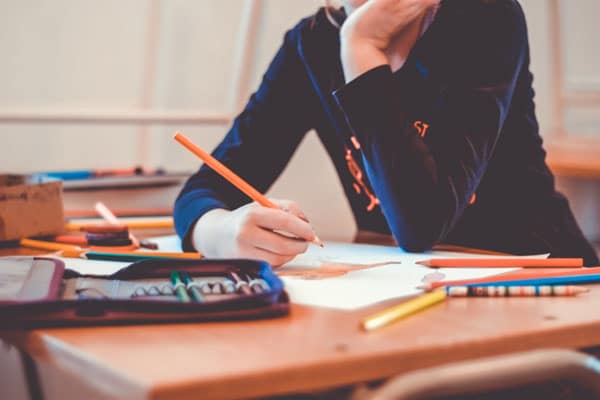
Multi sensory Instruction
Multi sensory instruction focuses on teaching children to use a variety of senses (touch, smell, taste, sight, and hearing) to learn.
Teachers can use materials to teach that use different senses to help children learn material.
I Do, We Do, You Do
Children learn best when taught the same material in a variety of ways. For this learning strategy, children are first shown how to solve a problem by their teacher to see how it is done.
Next, the children are asked to work as a group to solve the problem. Lastly, the children are asked to solve the problem on their own, without any help.
Visual Tools
Sometimes visual aids help children to learn by giving them visual representations of course materials.
Visual tools can be pictures, graphs, videos, or handouts. Visual aids help children connect the material they are learning to real examples of what they are reading about in class.
Wait Time
When teachers ask a question or say something to their students it helps to wait around three- to seven-seconds before doing anything else.
This gives students a moment to process what was said and prepare themselves to answer questions or react.
Once that short time has passed teachers can call on students to answer questions or choose someone who has raised their hand.
One-on-One and Small Group Instructions
Sometimes separating classes into groups is an effective learning strategy. Depending on the lesson, students may learn best if the teacher is the one lecturing on a subject.
For some lessons, however group work is a better strategy. Small groups allow children to work together as a team to complete tasks and solve problems.
If you are looking for ways to improve your child’s learning, there are a number of ways that parents can get involved. Learn more about student learning skills required to achieve a successful education.


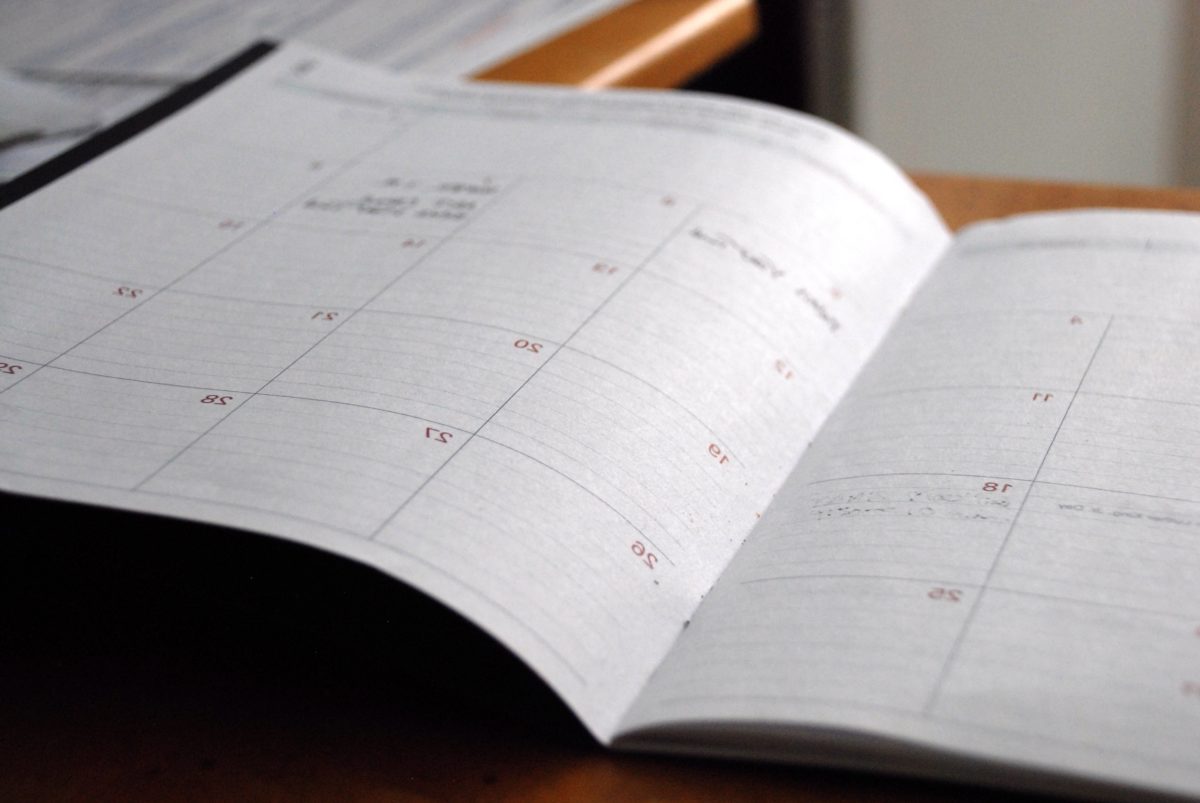

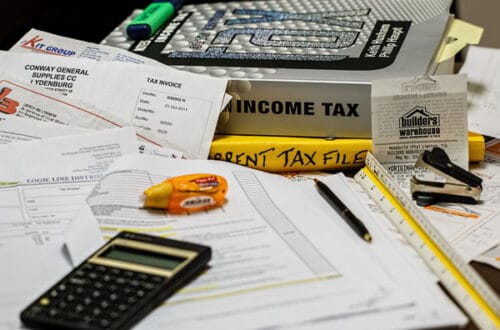
2 Comments
Pingback:
Pingback: